|
Blooms
Canvas
Course Outline Grade
Calculator
Syllabus
Lecture:
Language
Vocabulary
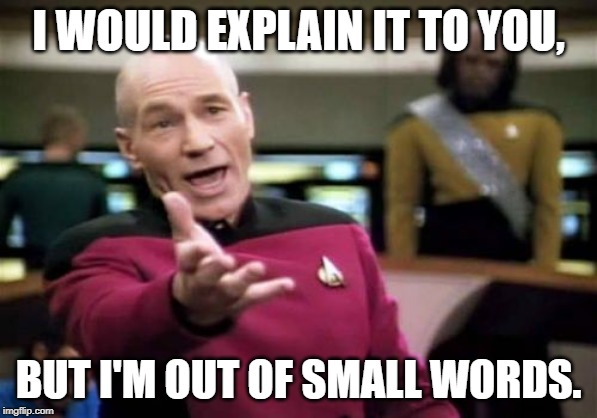
The 30 Million Word Gap

"Language is the currency of education and is associated
with reading ability, income, healthcare outcomes, and high
school graduation rates" (Golinkoff, 2018).
"Literacy is a critical element in academic success,
becoming increasingly important as students become
autonomous, independent learners" (Met, 2008).
"Language and inner thought are inextricably linked, as are
language and learning" (Vygotsky, 1986).
The estimates range from 6,000 to 60000,
Do I know a word when I can recognize it in a book
as a word I have seen before
but cannot define it or spell it? How well do I have
to know a word for it to count.
One study (which was based on the English language)
revealed the following: Most adult native
test-takers have a vocabulary range of about
20,000-35,000 words.
Adult native test-takers learn almost 1 new word a
day until middle age.
There are an estimated 171,146
words currently
in use The number of words needed to understand 75%
of the language as spoken is about 800.
Prof. Webb says: If you learn only 800 of the most
frequently-used lemmas in English, you'll be able to
understand 75% of the language as it is spoken in
normal life.
Eight hundred lemmas will help you speak a language
in a day-to-day setting, but to understand dialogue
in film or TV you'll need to know the 3,000 most
common lemmas.
If you want to get your head around the written word
- so novels, newspapers, excellently-written BBC
articles - you need to learn 8,000 to 9,000 lemmas.
This may help explain why graduating H.S. seniors in
one study were unable to answer simple questions
about a newspaper article they had just read. Their
sight vocabulary was too limited.
Is Vocabulary All You
Need?
The Montillation of Traxoline
It is very important that you learn about traxoline.
Traxoline is a new form of zionter. It is montilled in
Ceristanna. The Ceristannians gristerlate large amounts of
fevon and then brachter it to quasel traxoline. Traxoline
may well be one of our most lukized snezlaus in the future
because of our zionter lescelidge.
Directions:
Answer the following questions in complete sentences. Be
sure to use your best handwriting.
1. What is traxoline?
2. Where is traxoline montilled?
3. How is traxoline quaselled?
4. Why is it important to know about traxoline?
From the insight of Judith
Lanier - University Michigan
Instruction as the memorization of vocabulary.
Use of Words,
Credibility, and Success
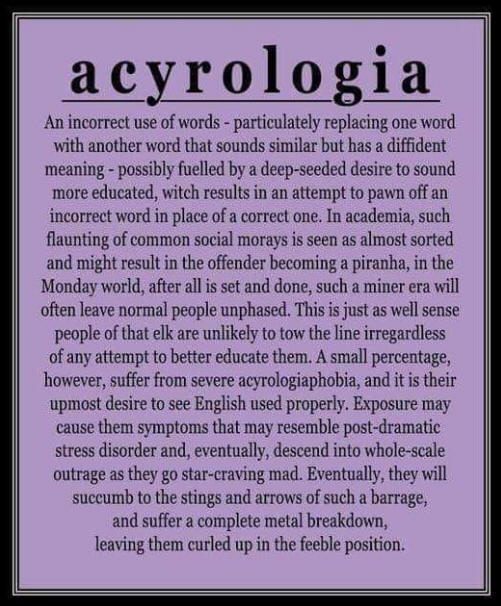
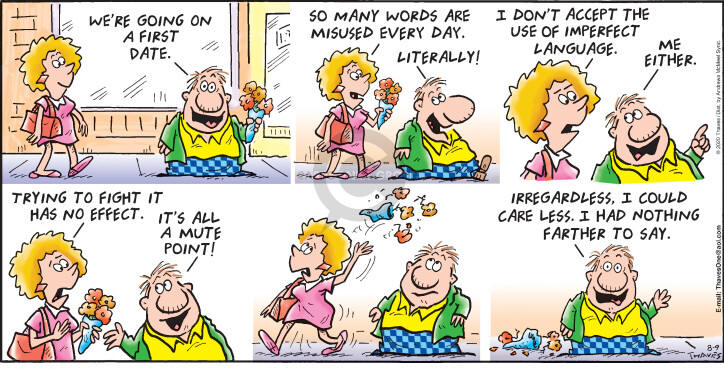
Language in the
Classroom
Many rules, or
Respect Others
What does that mean??
Encoding or Decoding?
I was headed down the big slab, looking
for a chicken coup when I noticed everything was locked up.
There were alligators all over the place and I knew I had
black eye. Now I'm stuck doing a double nickel with Buster
Brown . . . looking for some go-go-juice.
https://www.apexcapitalcorp.com/blog/guide-to-trucker-lingo/
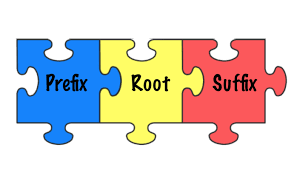
BUILDING WORDS
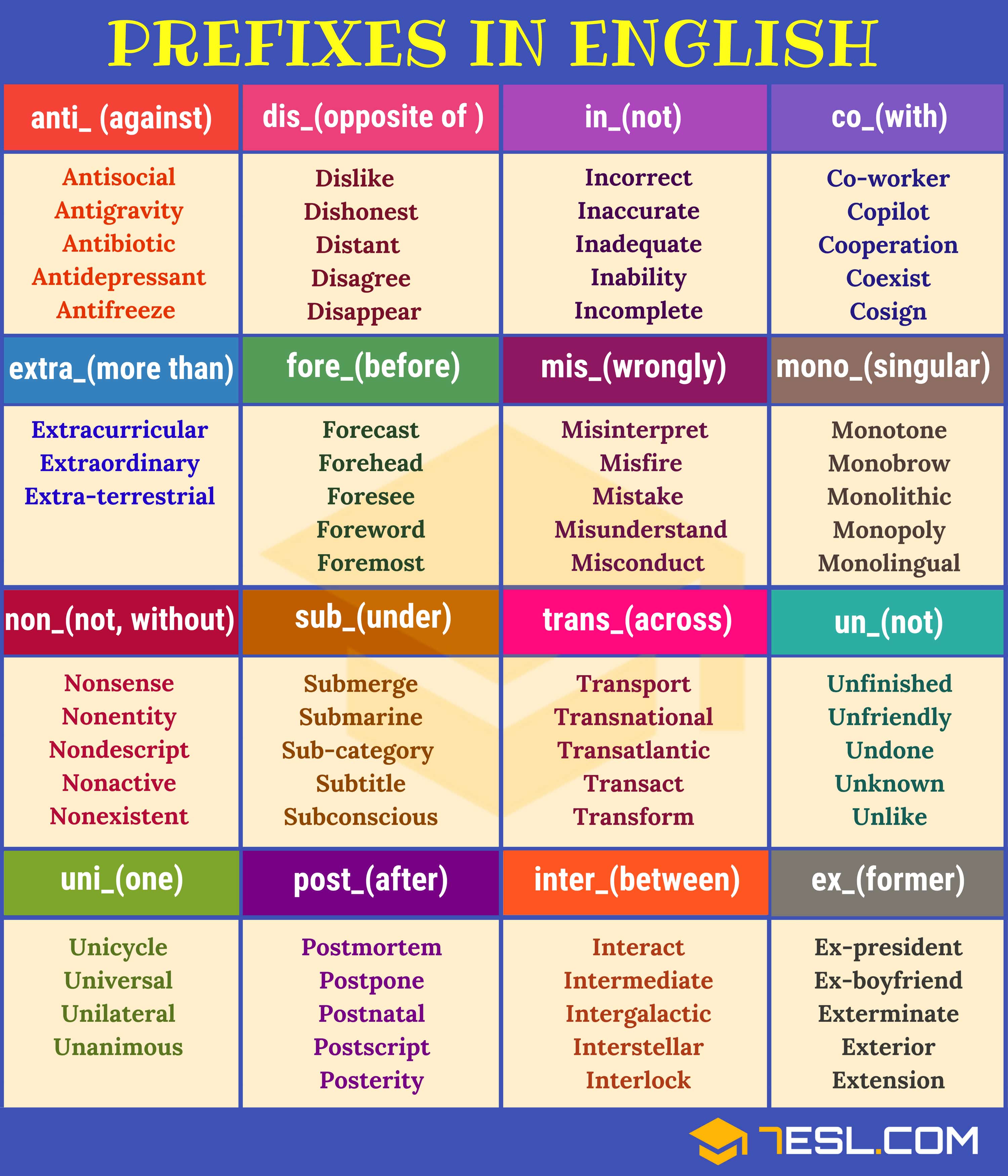
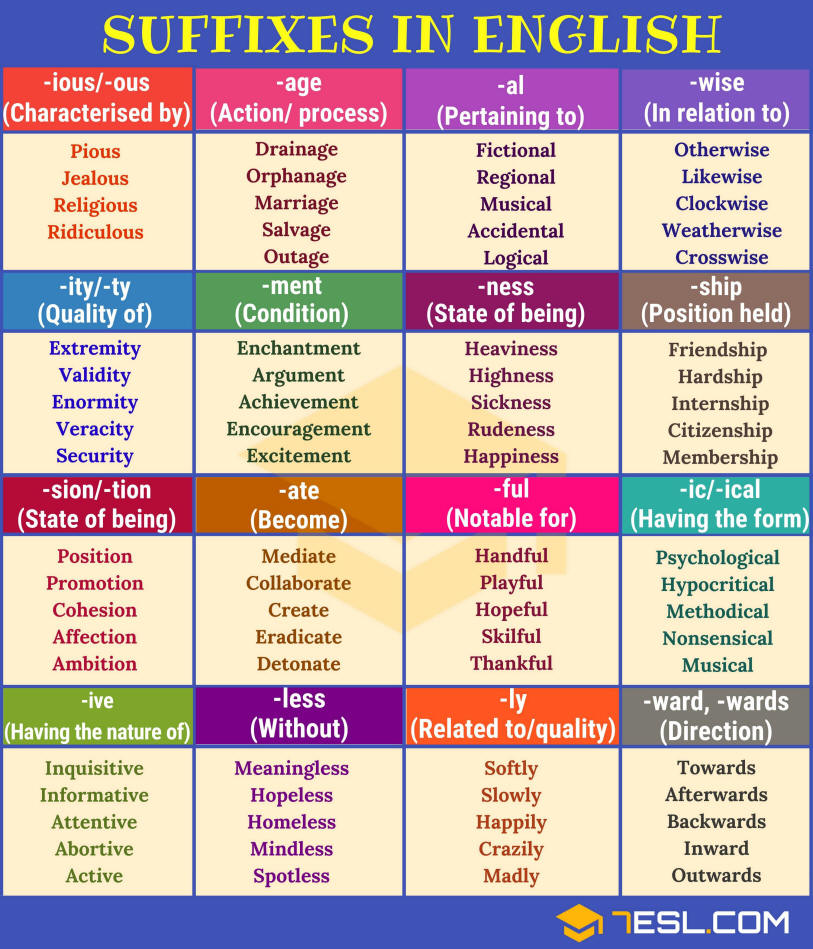
Root words
Greek and Latin Roots
-
Acri: bitter (acrid, acrimony, acridity)
-
Astro: star (astronaut, astronomy,
astrophysics)
-
Aud: hear (audience, audible, audio)
-
Auto: self (autonomy, autocrat, automatic)
-
Bene: good (benefactor, benevolent, beneficial)
-
Carn: flesh (carnal, carnivorous, reincarnate)
-
Corp: body (corporal, corporate, corpse)
-
Cred: believe (credible, credence, incredible)
-
Deca: ten (decade, decathlon, decalogue)
-
Dict: say (diction, dictate, edict)
-
Gen: birth (genesis, genetics, generate)
-
Lum: light (lumen, luminary, luminous)
-
Meter: measure (kilometer, millimeter,
pedometer)
-
Micro: small (microbiology, microcosm,
microscope)
-
Multi: many (multilingual, multiple,
multifaceted)
-
Port: carry (portal, portable, transport)
-
Sect: cut apart (dissect, sectional, transect)
-
Sen: old (senator, senile, senior)
-
Sent: to feel (consent, sensation, sensing)
-
Tele: far (telephone, telegraph, television)
-
Vor: to eat greedily (herbivore, omnivore,
voracious)
-
Ambul: to move or walk (amble, ambulance,
ambulate)
-
Cardio: heart (cardiovascular,
electrocardiogram, cardiology)
-
Cede: to go or yield (intercede, recede,
concede)
-
Counter: against or opposite (counteract,
counterpoint, counterargument)
-
Dem: people (democracy, democrat, demographic)
-
Derm: skin (dermatitis, dermatology, epidermis)
-
Equi: equal (equity, equilateral, equidistant)
-
Hypno: sleep (hypnosis, hypnotic, hypnotism)
-
Intra: within or into (intrapersonal,
intramural, intravenous)
-
Ject: to throw (reject, eject, inject)
-
Magni: big or great (magnificent, magnify,
magnitude)
-
Mal: bad (malignant, malfunction, malice)
-
Omni: all (omnipotent, omnipresent, omnivore)
-
Poly: many (polygamous, polygon, polytheist)
-
Script: to write (manuscript, postscript,
scripture)
-
Vis, vid: to see (envision, evident, vision)
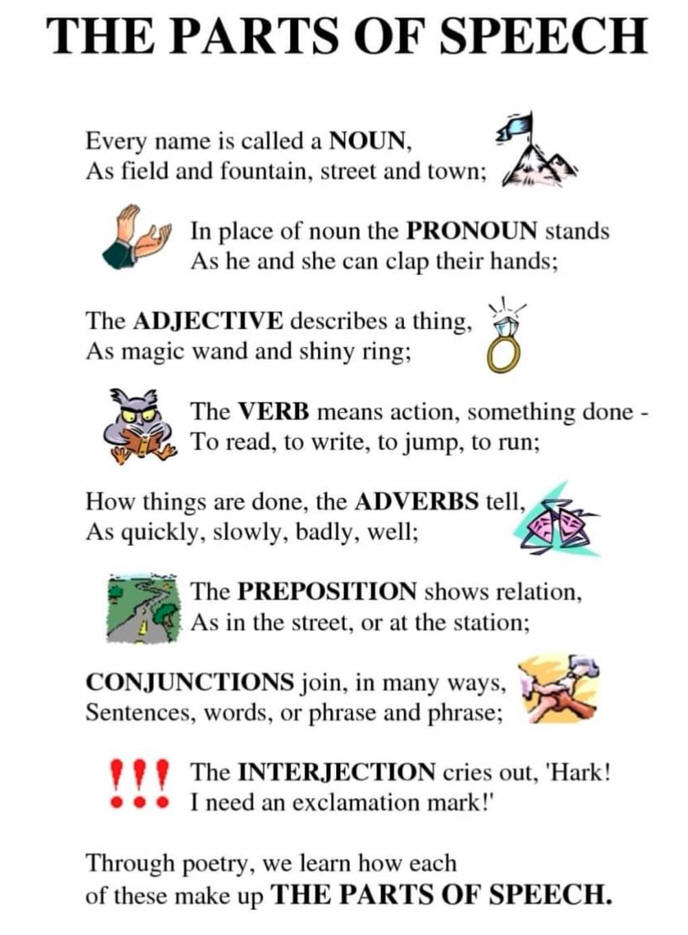
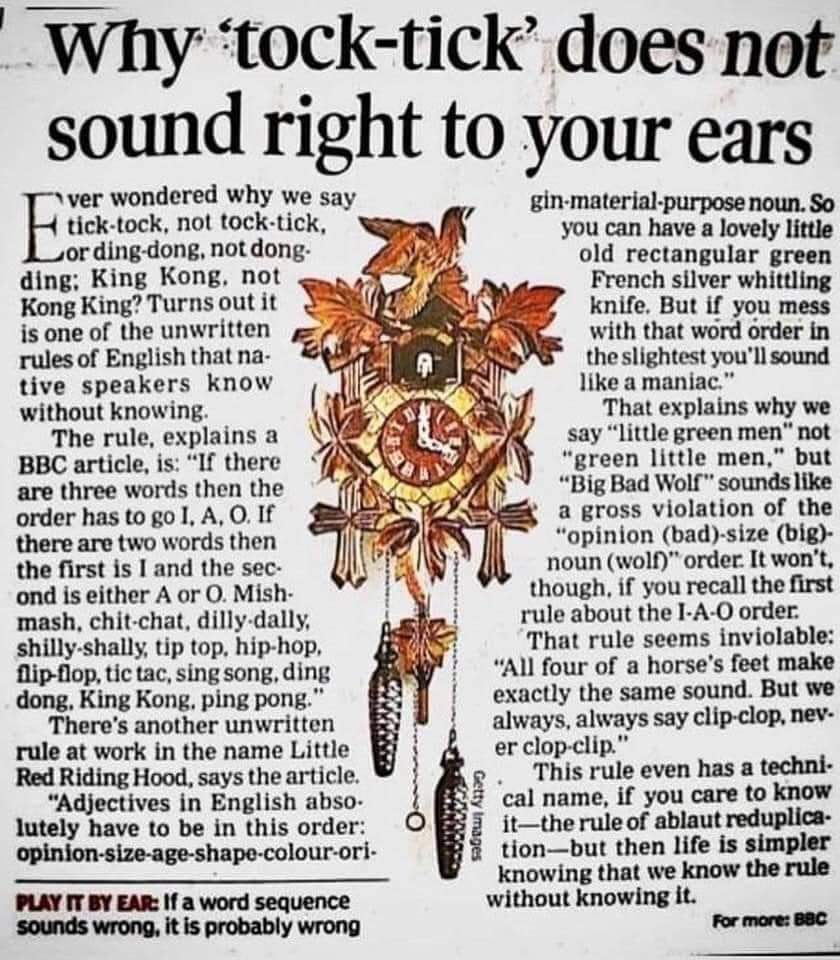
|
|
|
Vocabulary
fluency
passive
vocabulary
active
vocabulary
phoneme
phonemic
awareness
phonological awareness
phonetic
lemma
etymology
|
|
2-minute applications
General (any setting)
-
Identify words by prefixes, suffixes,
roots
-
Word of the day - guess the meaning
-
Define a picture with a word
-
Word pronunciation
-
Quick vocabulary review
-
Teacher demonstrates a verb with an
object to add a visual
-
Vocabulary charades
-
Popcorn reading
-
"Chester Cheetah chewed a chunk of cheap and
chunk cheddar cheese"; number off students
in 3's, set a rhythm, perform in canon
(alliteration)
-
March in place when words rhyme; stop when
ending phoneme is different
-
Throw a tennis ball the one who catches it
says a rhyming word from one given by
instructor
Elementary
music classroom
-
Students keep a "dictionary" of words
that have been defined in class. Give
periodic quick quizzes in which students
can use their dictionaries to answer the
questions.
-
Vocabulary wall: match definitions with
index cards
-
Match an illustration to a word
-
Word in the shape of the concrete object
-
Beachball vocabulary: whoever catches
the ball
-
Limerick rhyming
Secondary
ensemble/classroom
-
Speak the words of a song for fluency
-
Synonym challenge
-
Create a new acronym for lines/spaces, order
of sharps/flats
-
Put vocabulary words on blank playing cards
and have students "pick a card"
|
|
Topics for discussion
-
Name some languages that are
not spoken.
-
How do children learn language?
-
How do you remember words?
-
What is the definition of respect?
-
How can you encourage
students to learn new words?
-
Can you think of language
differences by gender, socio-economic level,
ethnicity, culture, age?
|
There once was an old man of Esser, Whose knowledge grew lesser and lesser, And now he's a college professor.
Created and maintained by Vicky V. Johnson
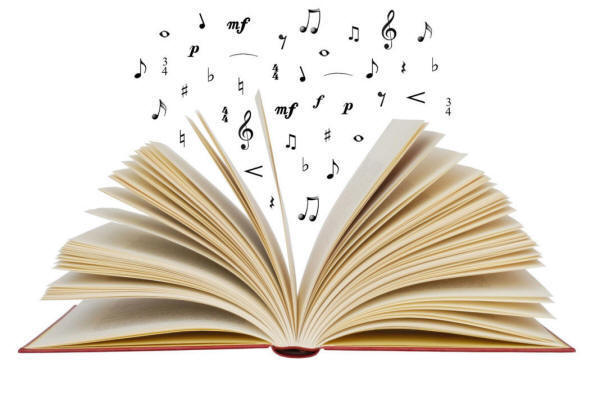 |